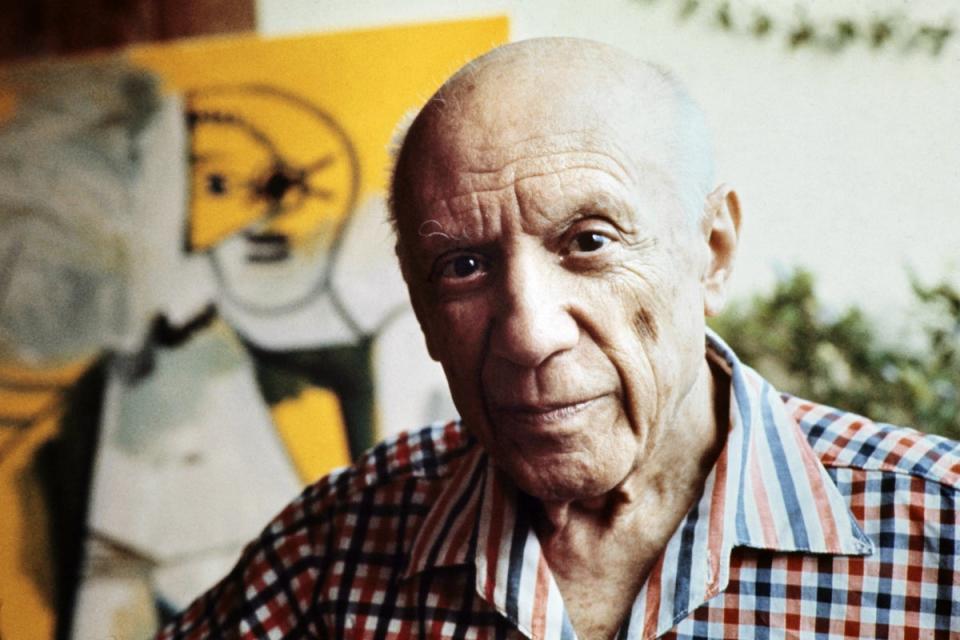Cate Blanchett warns ‘cancel culture’ risks history repeating itself

Cate Blanchett has issued a staunch defence of films and TV shows that explore controversial figures.
The Australian actor is currently up for the Oscar and Bafta awards for Best Actress, thanks to her performance as a fictional, world-famous but narcissistic conductor in Tár.
In the film, Blanchett’s character Lydia Tár finds herself at the centre of a debate about the power given to successful artists after she is accused of preying on and abusing young musicians.
Tár has been viewed as controversial by some due to the behaviour of its protagonist, with one real-life conductor accusing it of being “anti-woman”.
However, Blanchett has now argued that it is important to continue studying the works of artists and other historical figures, regardless of whether they might be deemed controversial or “problematic” today.
“If you don’t read older books that are slightly offensive because of what they say in a historical context, then you will never grapple with the minds of the time [and] we are destined to repeat that stuff,” she told the Radio Times, via The Times.
“Look at Picasso. You can only imagine what went on in, outside and around his studio. But do you look at Guernica and say that is one of the greatest works of art ever? Yes, it’s a fact. It’s important to have a healthy critique.”
She added that she believed Tár uses both the concept of “cancel culture” and the #MeToo movement as plot devices to tackle “existential” issues.

In January, a female conductor namechecked in Tár, Marin Alsop, hit out at the critically acclaimed film, calling it “anti-woman”.
Several reviewers have suggested that there are similarities between Lydia and the real-life Alsop, who is namechecked in the film alongside other successful female composers.
In the New York Times, critic Zachary Woolfe wrote that “the protagonist is clearly based partly on Alsop”. However, he noted that “unlike Tár, Alsop has never been accused of misconduct, with the fellows or otherwise”.
A number of figures in the arts have spoken out against what they deem to be cancel culture, where a celebrity or public figure is “cancelled” due to their alleged behaviour of for expressing views that are deemed problematic.
In a widely shared interview last year, TV host Graham Norton suggested the term should instead be changed to “accountability culture”.
However, there is also an argument that contemporary discourse means certain historical figures risk being omitted from conversation.
Last month, pop star Lizzo spoke out against the term “cancel culture” and claimed it was being “misused”.
“There was real outrage from truly marginalised people and now it’s become trendy, misused and misdirected,” she said.


